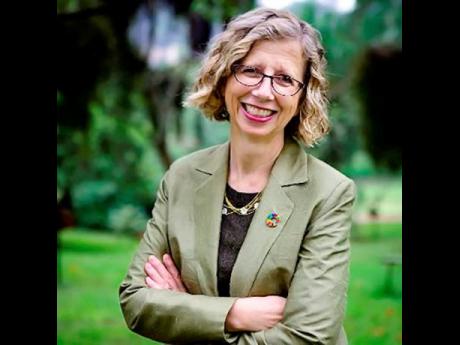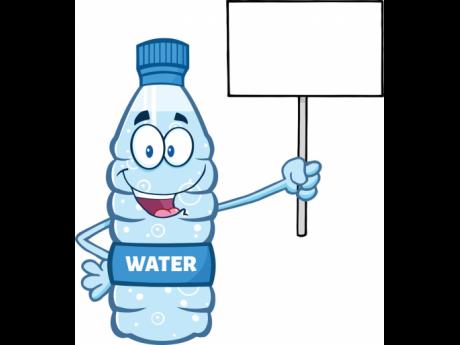The Freshwater Challenge is on
WITH SOME four billion people worldwide experiencing severe water scarcity at least one month each year and 2.3 billion living in water-stressed countries, there is a new global initiative to safeguard water security.
Called the ‘Freshwater Challenge’, it was launched by a coalition of governments at the recent United Nations Water Conference in New York, with the aim to “restore degraded rivers, lakes and wetlands”. The restoration of these natural assets are deemed a vital part of the response to what has been described as the “world’s worsening water, climate and nature crises”.
The Challenge, meanwhile, is keen to prompt the restoration of 300,000 kilometres of rivers and 350 million hectares of wetlands by 2030.
“Along with water supplies, healthy freshwater ecosystems provide a wealth of benefits to people and nature, and are critical to mitigating and adapting to climate change, and achieving the Sustainable Development Goals (SDGs),” notes a March 23 release from the United Nations Environment Programme (UNEP) on the subject.
“Yet one-third of the world’s wetlands have been lost over the past 50 years, and we are still losing them faster than forests. Rivers and lakes are the most degraded ecosystems in the world, with fish populations, many of which are vital for community food security, pushed to the brink,” it added.
The Challenge is supported by the governments of Colombia, the Democratic Republic of Congo, Ecuador, Gabon, Mexico, and Zambia, which have earned the commendation of UNEP boss Inger Andersen.
“Healthy rivers, lakes and wetlands underpin our societies and economies, yet they are routinely undervalued and overlooked. That is what makes the commitment by the governments of Colombia, DR Congo, Ecuador, Gabon, Mexico and Zambia so commendable. While countries have pledged to restore one billion hectares of land, the Freshwater Challenge is a critical first step in bringing a much-needed focus on freshwater ecosystems,” she said.
The Challenge, among other things, encourages all governments to commit to clear targets in their updated National Biodiversity Strategies and Action Plans; Nationally Determined Contributions to greenhouse gas emissions that fuel climate change; and National Implementation Plans for the Sustainable Development Goals – all in the best interest of realising and sustaining healthy freshwater ecosystems.
Freshwater lead at the World Wildlife Fund, Stuart Orr, endorsed the intervention, given what he said is stunning statistics on the state of rivers lakes and wetlands.
“The clearest sign of the damage we have done, and are still doing, to our rivers, lakes and wetlands is the staggering 83 per cent collapse in freshwater species populations since 1970. The Freshwater Challenge puts the right goals and frameworks in place to turn this around, benefiting not only nature but also people across the world. We need governments and partners to commit to this urgently as part of the Water Action Agenda coming out of this UN conference,” he explained.
The Challenge is to be country-driven, adopting an approach that gives varied stakeholders a seat at the table of planning and implementation of freshwater solutions.
Its focus, the UNEP explained, is “on providing the evidence needed at country level to effectively design and implement restoration measures, identify priority areas for restoration, update relevant national strategies and plans, and mobilise resources and set up financial mechanisms to implement the targets”.
The challenge is in sync with and supported by the UN Decade on Ecosystem Restoration, for which the years 2021 to 20230 were declared. With leadership from UNEP and the Food and Agriculture Organization and support from partners, those years are “to prevent, halt, and reverse the loss and degradation of ecosystems worldwide”.


